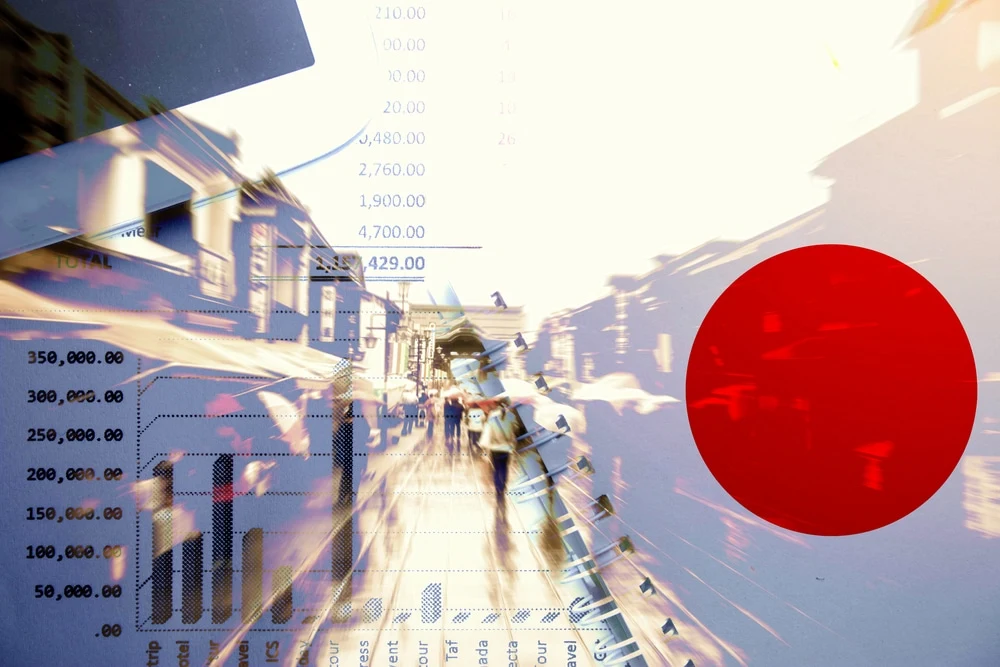Japan’s economy contracted by 0.5% in the recent quarter, a decline that was greater than the 0.1% fall analysts had initially anticipated.
Japan is the third-largest global economy. It had been growing for two consecutive quarters before this downturn.
The cause of this shrinkage is twofold. First, domestic demand within Japan weakened. Second, global economic uncertainty slowed down Japan’s exports.
These exports grew only by 0.5% between June and September. This rate is much lower compared to the 3.9% growth in the previous quarter.
On the other hand, Japan’s imports increased by 1%. Private demand also fell. This includes investments in business and real estate. The decrease was 0.6%.
Despite these challenges, some experts remain optimistic. Economists at ING, a Dutch bank, believe this contraction is temporary.

They expect growth to resume soon, led by the service sector.
Prime Minister Fumio Kishida’s government is facing low approval rates. To address economic issues, Kishida announced a large stimulus package.
It amounts to 17 trillion yen, or about $113.2 billion. This plan aims to boost the economy and reduce inflation’s impact.
This move follows previous large investments in response to the COVID-19 pandemic.
Japan has long battled with deflation, a situation where prices fall. However, it now faces rising prices, like many other countries.
Deflation Seems Over – Japan Confronts Economic Downturn
This shift began globally after the Ukraine conflict started in February 2022. The Japanese yen has also weakened.
While this helps exporters, it makes imports more expensive. This situation adds to the inflation burden for households.
The Bank of Japan is taking a different approach from other countries. It is not raising interest rates.
Instead, it continues with a very flexible monetary policy. This approach has led to a further fall in the yen’s value.
This year, Japan might fall behind Germany in economic size. The International Monetary Fund (IMF) predicts this change.
Background
Historically, Japan’s economy has been a model of post-war recovery and high-tech innovation.
However, its growth has been inconsistent since the 1990s. This recent downturn reflects internal challenges and broader global economic shifts.
Germany’s economy, driven by robust manufacturing and exports, has shown resilience, even amidst global uncertainties.
This difference in economic trajectories underscores the diverse impacts of global trends on national economies.
Japan’s approach to an economic revival, focusing on stimulus and maintaining low-interest rates, contrasts with strategies of other major economies, providing a unique case study in economic policy responses.

